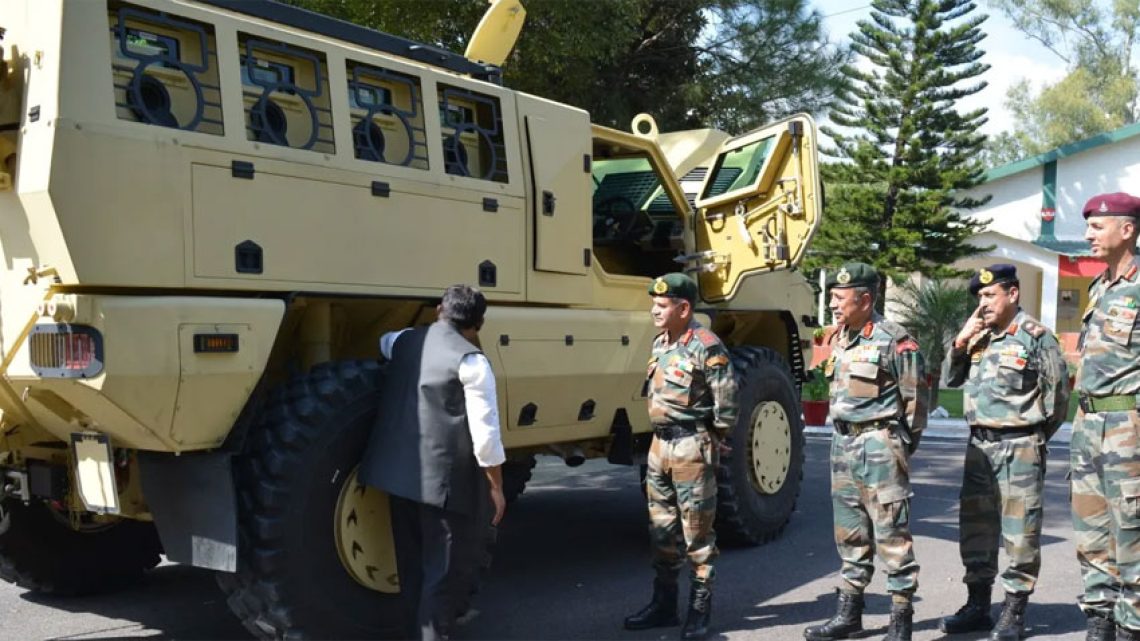
India Deploys New Police Force in IIOJK to Suppress Pro-Freedom Movement
July 5, 2024The BJP-led Indian government has introduced a new contingent of highly trained police officers in Indian Illegally Occupied Jammu and Kashmir (IIOJK) with the intent to intimidate pro-freedom advocates.
This new force comprises 960 highly trained officers, specifically deployed in villages near the Line of Control (LoC). Their mission is to target and terrorize civilians who support the UN-recognized right to self-determination for Kashmir.
An Indian media report highlighted that this new force is modeled after the US Marines, making it a unique entity within IIOJK. Unlike other police forces, its personnel are exclusively assigned this task and cannot be assigned to any other duties.
The report further detailed the distribution of this force, with approximately 560 officers stationed in the Jammu division and the remaining in the Kashmir Valley. This strategic placement aims to strengthen control and suppression in these regions.
On Wednesday, nearly 960 personnel who graduated from the Jammu and Kashmir Police Training School were deployed to border areas. IIOJK police chief RR Swain emphasized that this force is designated solely for this purpose and will not be utilized for any other activities.
The deployment of this force signifies an escalation in the Indian government’s efforts to curb the pro-freedom movement in Kashmir. By focusing on rural areas near the LoC, the authorities aim to dismantle grassroots support for the self-determination movement, which has garnered significant local and international attention.
This development has raised concerns among human rights organizations and observers, who fear that such measures could lead to increased human rights violations in the region. The highly trained nature of this force, coupled with its exclusive focus on countering the pro-freedom movement, suggests a deliberate strategy to suppress dissent through intimidation and fear.
The introduction of this specialized force also reflects a broader trend of militarization in IIOJK, where security forces are increasingly employed to maintain control over the local population. This approach has been criticized for prioritizing security concerns over the rights and aspirations of the Kashmiri people.
To conclude, the deployment of this new police force in IIOJK represents a significant development in the ongoing conflict in the region. It underscores the Indian government’s determination to maintain its control over Kashmir while raising serious questions about the potential for human rights abuses and the long-term impact on the region’s stability and peace.

